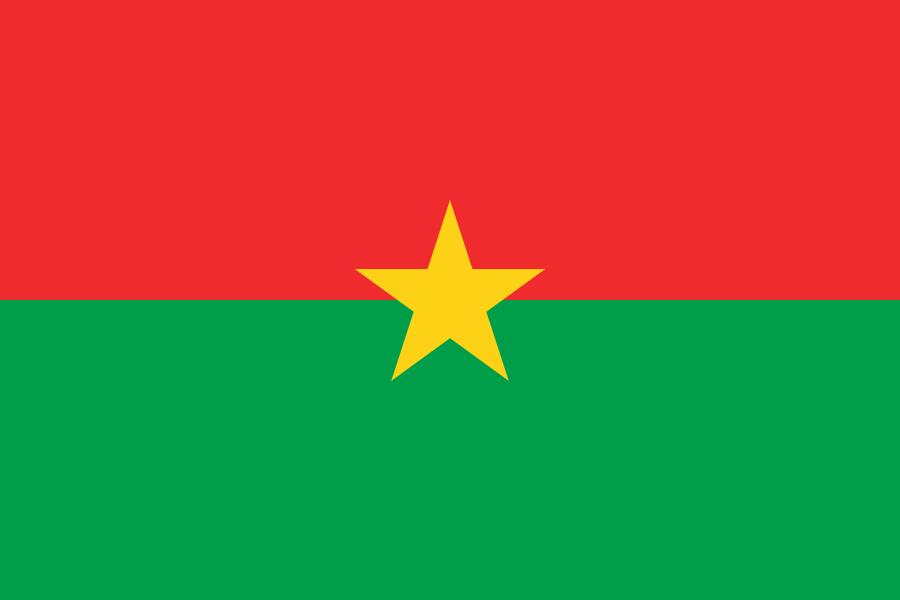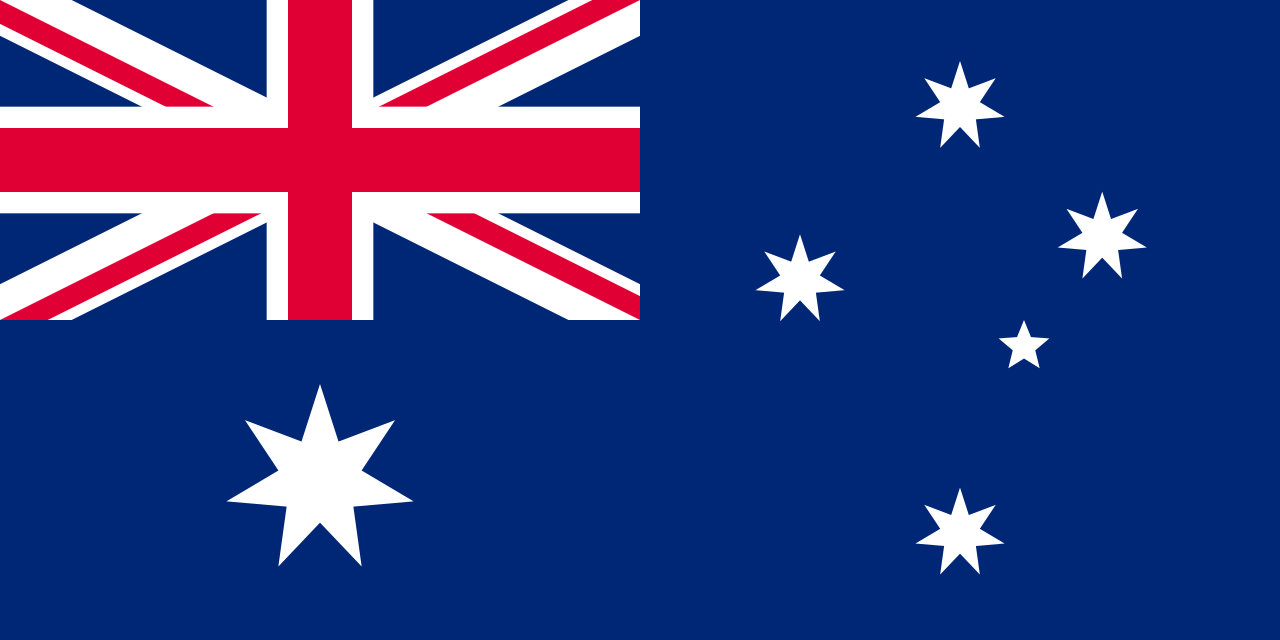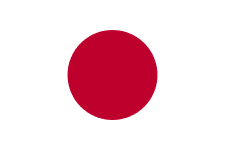- Industry
- Region
- Country / Region
On March 21, 2025, the Communication, Electronics and Postal Authority (ARCEP) of Burkina Faso issued a regulation No. 2025-011/ARCEP/CR. To accommodate the increasingly diverse applications and rapid technological advancements in the field, governments have considered dividing short-range devices (SRDs) into wider frequency bands. In this regulation, the 6 GHz band (5925MHz-6425MHz) is now officially open for Wi-Fi 6E, with specific frequency ranges specified for ultra-wideband (UWB) applications. There has also been a significant increase in the adoption of various emerging technologies, which are increasingly prevalent and used across all SRD categories.
It is important to note that all SRDs must obtain ARCEP type approval prior to import and deployment in Burkina Faso.
Click this link to view the original ARCEP regulations.
On 31 October 2024, the Australian Communications and Media Authority (ACMA) launched a public consultation on the reformulation of the Telecommunications (Labelling Notice for Customer Equipment and Customer Cabling) Regulations 2015, and seven telecommunications standards, and the Telecommunications Disability Standard. The ACMA published the results of this public consultation on 20 March 2025. The Disability Standards and 7 technical standards have entered into force on March 30, 2025, and the Telecommunication Labeling Notice has entered into force on March 31, 2025. The seven technical standards are:
- Telecommunications (Analogue Interworking and Non-interference Requirements for Customer Equipment for Connection to a Switched Telephone Network – AS/CA S002) Technical Standard 2025
- Telecommunications (Requirements for Customer Access Equipment for Connection to a Telecommunications Network – AS/CA S003) Technical Standard 2025
- Telecommunications (Voice Performance Requirements for Customer Equipment – AS/CA S004) Technical Standard 2025
- Telecommunications (Requirements for Customer Cabling Products – AS/CA S008) Technical Standard 2025
- Telecommunications (Requirements for Customer Equipment with Hierarchical Digital Interfaces – AS/ACIF S016) Technical Standard 2025
- Telecommunications (Requirements for DSL Customer Equipment for Connection to a Switched Telephone Network – AS/CA S041) Technical Standard 2025
- Telecommunications (Requirements for Customer Equipment for Connection to a Metallic Local Loop Interface of a Telecommunications Network – AS/CA S043) Technical Standard 2025
Click on the link to view the original ACMA public consultation.
On 19 March 2025, the Australian Communications and Media Authority (ACMA) launched a public consultation to reformulate the Low Interference Potential Equipment (LIPD) category licence, which will expire on 1 October 2025. Typical LIPD devices include garage door openers, Bluetooth devices, wireless microphones, and wireless LAN devices. The proposed revisions include updating the standard references, adding wireless multi-channel audio systems/5925-6425MHz frequency hopping communication systems, and correcting spurious disturbance limits below 5925MHz.
Click on the link to view the original public consultation, and the comment period is until 16 May 2025.
On March 12, 2025, the U.S. Federal Communications Commission (FCC) issued a Notice No. DA 25-219 to solicit comments on initiatives to deregulate the FCC rules in response to President Trump's call for administrative agencies to unleash the dynamism of prosperity through deregulation and related executive orders.
Click this link to view the original DA 25-219 notice, and the comment period is until 11 April 2025.
On March 6, 2025, the U.S. Federal Communications Commission (FCC) officially issued a final rule on the unlicensed use of the 6 GHz band, following the publication of the third edition of the report and order numbered FCC 24-125 on December 13, 2024. The rule will go into effect on May 5, 2025.
Click this link to view the original Final Rule for FCC 24-125.
Innovation, Science and Economic Development Canada (ISED) recently launched four public consultations:
- SRSP-102 Draft Issue 2 of the Standard Radio System Scheme – Band-Specific Technical Requirements for Earth Stations in the Fixed Satellite Service, public comment begins on March 10, 2025, and will end on May 30, 2025;
- SRSP-103 Standard Radio System Scheme – Technical Requirements for Space Stations Providing Supplemental Mobile Coverage via Satellites, Issue 1, Draft, public comment process beginning March 5, 2025 and ending May 5, 2025;
- Public consultation on the flexible use of the repurposing of the lower 26 GHz band (24.25-26.5 GHz), numbered SPB-002-25. The public consultation complements the public consultation on the 26 GHz, 28 GHz and 38 GHz bands already conducted in 2022. public comment begins on 6 March 2025 and will end on 5 May 2025;
- Public consultation on the 27.5-28.35 GHz band, which covers a number of standards and regulations, including: RSS-193 Issue 1 – Flexible use of broadband devices operating in the 27.5-28.35 GHz band, RSS-102. IPD. MEAS Issue 2 – Measurement Procedure for Assessing Incident Power Density (IPD) Compliance According to RSS-102, RSS-102. IPD. SIM Issue 2 – Simulation Procedure for Assessing Incident Power Density (IPD) Compliance According to RSS-102 and SRSP-522 Issue 1 – Technical Requirements for Non-Competitive Locally Licensed Systems (including Fixed and/or Mobile Systems) Operating in the 27.5-28.35 GHz Band and Flexible Use of Broadband Systems. public comment began on March 7, 2025 and will end on May 30, 2025.
Click on the corresponding link in the summary of the public consultation above to view the original public consultation.
On March 5, 2025, the Telecommunication Engineering Centre (TEC) of India issued an announcement numbered 6-35/2024-CA/TEC. The announcement proposes that in order to support start-ups and micro- and micro-sized enterprises, the Ministry of Telecommunications has decided to subsidize the cost of testing for start-ups and micro- and micro-sized enterprises under the mandatory/voluntary testing and certification scheme, which will be implemented by TEC.
Subsidies may be provided for tests carried out at TEC or National Communications Security Centre (NCCS) designated/accredited laboratories, NABL accredited laboratories if there is no TEC designated CAB in India for a particular type of testing. 75% of the fee is subsidized for start-ups, 60% for micro-enterprises, and 50% for small businesses. The total cost is 250 million rupees (about 21.23 million CNY), and the subsidy will be implemented for two years.
Click this link to view the original announcement.
The Cybersecurity Act 2024 has become official Australian law. As part of the implementation of the law, on March 4, 2025, the Australian Department of Home Affairs introduced the Cyber Security (Security Standards for Smart Devices) Rules 2025, which set mandatory cybersecurity requirements for consumer-grade smart devices.
The Rule will begin on March 4, 2026, giving manufacturers and distributors one year to ensure compliance. Manufacturers and distributors must comply with strict safety measures similar to EN 303 645, including:
- It is forbidden to use a universal default password;
- implement a vulnerability reporting mechanism;
- Define the support period for security updates.
To sell consumer IoT products in Australia, businesses must provide a declaration of compliance confirming compliance with these security standards. The document must include: product type and batch identifier; Manufacturer and representative details; Declaration of Compliance; support period information; Location, date, and signature.
Click this link to view the original Cyber Security (Security Standards for Smart Devices) Rules 2025.
Oman's Telecommunications Regulatory Authority (TRA) issued a press release on March 1, 2025, announcing the allocation of a portion of the resources of the 26 GHz band for experimentation and development of 5G and 6G technologies.
Click the link to view TRA's original press release.
On February 27, 2025, the Ministry of Internal Affairs and Communications (MIC) issued Decree No. 5 of the Ministry of Internal Affairs and Communications to revise the Radio Law. This revision uses the 433 MHz band for TPMS and remote keyless entry services.
Click on this link to view the original MIC regulatory amendments.





